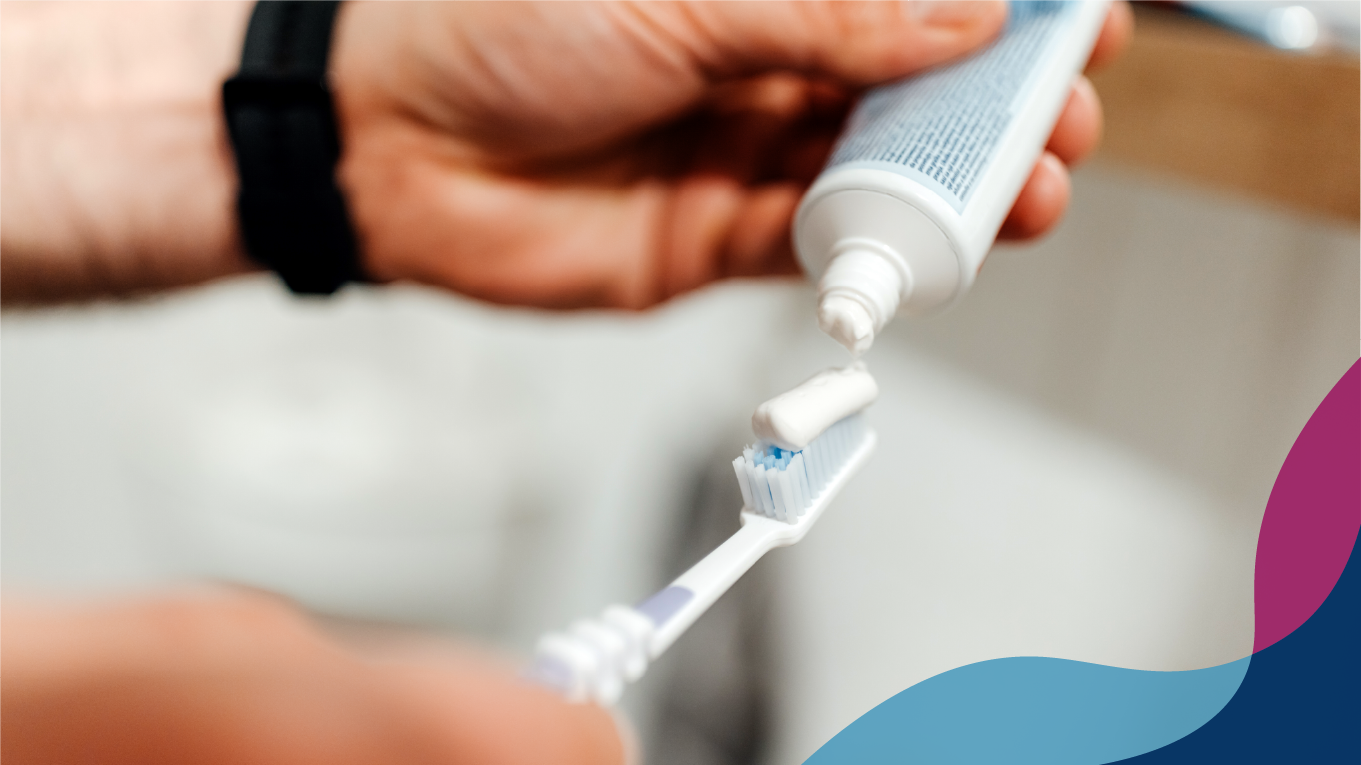
Mouth Sores a Bother? Explore Essential Prevention Tips
Mouth sores might not be the first side effect you think of with cancer treatment, but they can significantly impact your daily life. If you're looking for insights on their causes and prevention, we've got you covered.
Understanding Mouth Sores
Treatment-related mouth sores can appear on your gums, tongue, or the lining of your mouth and throat, showing up as red or white bumps that range from slightly annoying to painfully severe, making eating and drinking difficult.
Signs to Watch For:
Redness or soreness anywhere in your mouth
Cracks, ulcers, blisters, white patches, or bleeding in your mouth
Dry mouth (lack of saliva)
Difficulty chewing or swallowing
Pain in your teeth, gums, tongue, or jaw
Why Do They Occur?
Mouth sores occur because the cells inside the mouth grow quickly. Chemotherapy treatments that target quickly growing cells in the body affect some healthy cells, in addition to cancer cells, leading to mouth sores. If undergoing a bone marrow transplant, sores could also indicate graft-versus-host disease (GVHD), necessitating immediate medical attention.
Mouth Soreness or Sores Linked to Specific Treatments:
Chemotherapy: Mouth sores caused by chemotherapy often form a few days after treatment. The length of time mouth sores last varies based on the type and dose of chemotherapy you are receiving.
Radiation: Mouth sores caused by radiation to the head and neck usually begin in the second week of treatment but can start earlier or later. Mouth sores from radiation typically take 4-6 weeks to heal after treatment ends.
Immunotherapy: Mouth sores caused by immunotherapy drugs form within 1-2 weeks of starting treatment and usually heal within 2-3 weeks after treatment ends.
Targeted Treatments: Certain targeted therapies, including many oral treatments, can cause mouth sores and mouth pain. Sometimes these sores can resemble canker sores. Some patients may have mouth pain without visible sores. These symptoms may resolve over time on the treatment, or with scheduled treatment breaks as prescribed.
5 Prevention Strategies
1. Dental Checkup Before Treatment:
If possible, have a dental checkup before starting treatment. Dental procedures ARE NOT recommended after initiation of treatment. If you’ve already started treatment, consult your oncologist BEFORE any dental appointments or procedures.
It’s also important to make sure your dentist is aware of your cancer diagnosis, treatment regimen, etc. If you have untreated tooth decay or cavities, that can increase your risk of infection and mouth sores once treatment begins.
2. Good Oral Hygiene:
A daily mouth care routine can help reduce your risk of infection. Brush your teeth, gums, and tongue VERY gently three times daily using a soft toothbrush moistened with warm water and fluoride toothpaste. Be careful not to cause any additional trauma to gums with aggressive brushing.
Floss once per day if you’re able to do so without pain or bleeding. If you have areas of bleeding or sores, avoid those areas until they heal. You can also use a water flosser (e.g. WaterPik) on the weakest setting to help prevent extra irritation.
You should always aim to use alcohol-free mouthwash and toothpaste. Alcohol can further dry out your mouth and cause irritation. You can also consider asking your dentist or doctor for a prescription mouth rinse that’s free of harsh chemicals but still offers clinical-grade cleaning.
3. Regular Rinsing:
Get in the habit of rinsing your mouth after eating to remove small pieces of food. Baking soda dissolved in water is a gentle and effective mixture you can swish and spit. Data shows these rinses help keep your mouth extra clean and improve comfort. To make a rinse of your own, mix one teaspoon of baking soda in with a quart of water. Use the solution every 4 hours.
4. Moisture Maintenance:
A dry mouth often accompanies mouth sores, so staying well hydrated may help prevent sores from becoming more irritated. Drink lots of water — 2-3 liters a day if you don’t have fluid restrictions during treatment.
You can also sip bland fluids like water, milk, and protein shakes throughout the day. Frozen fluids, like popsicles, shaved ice, sorbet, and ice chips provide hydration and may be soothing.
If you find your mouth is dry, use an artificial saliva product (I.e., Biotene) to prevent irritation and apply lip moisturizer often (i.e., Vaseline or Aquaphor).
5. Care for Dentures:
You should avoid wearing dentures when you sleep and clean them and related appliances (like retainers) properly every day with an antibacterial agent. If you notice your dentures fitting looser or tighter, ask your dentist to adjust them. Weight gain or loss during treatment can cause dentures to lose their fit, which can irritate your mouth and gums.
Staying Vigilant
Monitor your mouth for any changes or worsening sores and communicate promptly with your healthcare team about any concerns. White patches could signal an infection needing immediate attention.
Need Support?
The Iris Care Team is here to assist with mouth sores. Whether you need advice, soothing remedies, or just someone to talk to, we're here for you.
This article meets Iris standards for medical accuracy. It has been fact-checked by the Iris Clinical Editorial Board, our team of oncology experts who ensure that the content is evidence based and up to date. The Iris Clinical Editorial Board includes board-certified oncologists and pharmacists, psychologists, advanced practice providers, licensed clinical social workers, oncology-certified nurses, and dietitians.
Copyright © 2026 OncoHealth. All rights reserved. All materials on these pages are the property of OncoHealth. The information and other content on this website are for information purposes only. If you have any questions about your diagnosis or treatment, please seek the advice of your physician or other qualified health care provider(s).
